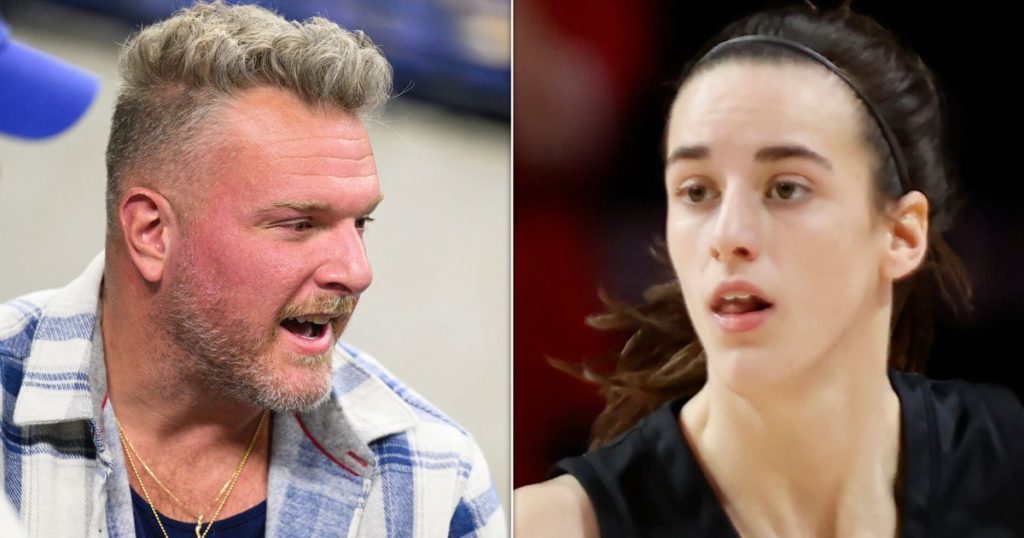ESPN host Pat McAfee sparked controversy when he referred to WNBA rookie Caitlin Clark as a “white bitch” during a segment discussing a recent altercation between Clark and another player. McAfee claimed he meant it as a compliment to Clark, who has been gaining attention as a standout player in the league. The incident has brought attention to the rivalry between players in the WNBA and the jealousy some may feel towards Clark’s rising profile.
Despite McAfee’s attempt to clarify his remarks, many criticized him for using offensive language and perpetuating negative stereotypes. Some argued that ESPN’s decision to prioritize hot takes over journalistic integrity has led to commentators making inflammatory statements for shock value. The incident highlights the need for more thoughtful and respectful coverage of women’s sports, rather than sensationalistic commentary that diminishes the accomplishments of female athletes.
The backlash against McAfee’s comments underscores the importance of responsible journalism and respectful treatment of athletes, regardless of their race or gender. The incident also raises questions about the role of media personalities in shaping public perception and reinforcing harmful stereotypes. By using derogatory language to describe a talented athlete like Caitlin Clark, McAfee not only disrespected her but also perpetuated harmful narratives about women in sports.
In his apology on social media, McAfee attempted to clarify his intentions and express regret for using offensive language. However, many critics were not satisfied with his explanation and called for greater accountability from media figures who have a platform to influence public opinion. The incident serves as a reminder of the power and responsibility that comes with being a public figure, especially in the realm of sports journalism where respect and professionalism should always be paramount.
Moving forward, it is essential for media outlets like ESPN to ensure that their commentators uphold standards of professionalism and respect in their coverage of sports, particularly women’s sports. By promoting a culture of accountability and inclusivity, sports journalism can better serve its audience and provide meaningful insights into the achievements and struggles of athletes. It is vital that incidents like the one involving Pat McAfee and Caitlin Clark are addressed promptly and used as opportunities for growth and reflection within the sports media industry.


